It takes a lot of faith for a director to hand over the music of their film to just one musician. There has to be a true mingling of artistic minds, a vision recognizable by both sets of eyes, to make it work.
A soundtrack may even outperform the movie it's associated with, because the music is that good. However, the most fun examples are when sound meets visuals in a coupling that elevates each in their respective art forms. These are the times when one musician took on the entire soundtrack for a film.
15 Prince - Batman
Perhaps the most famous example on this list, Prince is forever danceable and shamelessly funky. A masterful musician both live and in-studio, his original tunes and synth-heavy signature sound push Batman to new levels of audacity.
The movie itself is steeped in melodrama and histrionic connotations, with certain shots reflecting German Expressionist horror inspirations like NosferatuandThe Cabinet of Dr. Caligari. Prince is known for his own theatricality and brazen engagement of a creative concept, and this soundtrack and concurrent music videos are nothing if not all in. While Danny Elfman's dramatic, rousing orchestral score is both timeless and fitting for the black rubber-donned, austere Bruce Wayne, Nicholson's colorful costume palette and devil-may-care performance are elevated by Prince's Minneapolis sound. The music is madness, but so is the man.
The partnership of Warner Bros. and Prince, financially benefiting both parties, may have felt like a Happy Meal-esque corporate marriage of state rather than a collaboration born of grassroots creative kinship. Nevertheless, if you hire Prince for a job, you get Prince. And the Batman soundtrack is, unmistakably, unconventionally, unctuously Prince.
14 Queen - Flash Gordon
This album is such a hidden gem, it makes you wonder how Queen got away with only doing one soundtrack. Swelling, vapory, and overflowing with camp, the album is dotted with dialog from the movie, reminiscent of the more surreal The Who tracks out there, but with a synth-heavy 80s flavor. It's irrepressible, along with the urge to cruise around in an Alfa-Romeo with pop-up headlights wearing a pair of pit vipers.
Queen's music has always bridged the divide between rousing anthem and evocative power ballad. What makes their music such fun to listen to is that each song is a story unto itself, with dramatic rises and falls, twists and turns, surprise endings, and even orchestral sections. Just like a film score.
If you use your imagination, every Queen album is a soundtrack to some stylized sci-fi movie that hasn't been made yet. The producers of Flash Gordon simply went ahead and made the movie.
13 Tom Waits - One from the Heart
This album was released to about the same aplomb as Francis Ford Coppola’s One from the Heart in 1982, which is to say, not much. It’s a fun blend of the signature drawled lounge act that Waits was so well known for early in his career. The duets with clarion vocal talent Crystal Gayle gives the songs a bit more of an adult contemporary vibe, punctuated by the kind of horn solos that make you want to sink into a deep leather chair. It’s an atmospheric statement as swampy and grubby as a Charles Bukowski poem.
For the record, Tom Waits had a memorable contribution to another film on this list, with country percussive hard rock tune Goin' Out West off 1992's underappreciated Bone Machine was used in the scene at Lou's Bar in Fight Club, joining The Pixies as one of the few non-Dust Brothers contributions to the soundtrack.
12 Eddie Vedder - Into the Wild
Eddie Vedder’s voice is comforting to a lot of people who grew up with Pearl Jam. Even if you don’t love his music, it’s a warming, cozy presence, like Chali 2na is for hip hop, or whatever the opposite of Neil Young is for classic rock. He’s America’s grunge dad, offering you a can of cheap domestic after you help him clean out the garage. And don’t tell your mother.
Aside from an enjoyable, if boilerplate, cover of Indio’s Hard Sun, theInto the Wildsoundtrack is mostly original compositions. He sticks to steady beats, stark instrumentation, and country-inspired folk melodies. As a background to the professional unprofessional Christopher McCandless, played by Emile Hirsch, the songs provide adventurous rigor to the fast moments, and peaceful contemplation to the stunning visuals of a northbound traveler across rural North America.
In McCandless, one almost imagines the spirit of rock incarnate—the young artist’s prerogative to throw off the shackles of suburban capitalism and learn to play the mandolin in a van somewhere. Or a bus.
11 The Dust Brothers - Fight Club
Fight Club did more than just make every man watching self-consciously pinch his flabby obliques and sigh aloud. It also introduced the mainstream to the careers of Helena Bonham Carter, Edward Norton, and changed how films are scored forever.
There's a lot about the Fight Club franchise that was pretty revolutionary at the time. The source material, a novel of the same name by Chuck Palahniuk, remains well-placed in the author's oeuvre of rich, vivid descriptions of acts that are best left undescribed, like this passage, depicted in the movie by Jared Leto losing his boyish good looks:
"I hit our first-timer and hammered that beautiful mister angel face, first with the bony knuckles of my fist like a pounding molar, and then the knotted tight butt of my fist after my knuckles were raw from his teeth stuck through his lips."
The film lived up to the dark themes, with fight scenes depicting blood-letting as dark as ink staining our view of modern male hedonism run amok. A traditional score for such a project simply wouldn't do.
So David Fincher asked composers and producers the Dust Brothers to bring their breakbeat sensibilities to the movie, like they had done for Beck's Odelay and the Beastie Boys' Paul's Boutique. The result is a subtle electronic mixing of drum loops and artificial percussion that perfectly rounds out the feel of a film that's just a little bit off. What's more, the success of the-non traditional score, along with advances in digital technology, helped pave the way for the modern landscape of largely computerized film scores. It's a movement that many musicians decry, although none can argue that it hasn't been impactful.
10 Seu Jorge - The Life Aquatic with Steve Zissou
David Bowie's music so good that you can make an entire album out of acoustic covers of his hits. What's more, you can sing all those hits in Portuguese. On nylon strings. With a heavy Brazilian accent. And attach it to the one the most talented auteur filmmakers of the 2000s. Well, you can't. But Seu Jorge can.
True, the songs in The Life Aquatic with Steve Zissou are classically Bowie, giving us a measure of familiarity when listening. Still, it's Jorge's easy, home-spun musical style that gives this soundtrack its charm. First coming to the attention of Hollywood in seminal Brazilian film City of God, Wes Anderson gave Seu Jorge not only the entire soundtrack, but made it full-on diagetic by casting him in the film as Pelé dos Santos, a member of Zissou's crew, complete with matching cyan tops & bottoms and imperial red beanie. His playing, so easy to listen to, punctuates the moments of transition in the film, if few others — he barely spoke any English at the time he was cast. No matter. His music, and David Bowie's, belong to the world.
9 Daft Punk - Tron: Legacy
Tron: Legacy was met with mixed reviews by both critics and audiences, though it did make money for its parent studio, Disney, in the international market. The film suffered, unfortunately, from the expectations game. Screen Rant, among many others, accused the film of relying too heavily on CGI and dazzling visuals.
They're not wrong. The only flaw in that logic is people's memory, because the original Tron was never all that good to begin with. It benefited in hindsight for having cast future superstar Jeff Bridges, who at the time, was little more than the up-and-comer nepo baby of character actor Lloyd Bridges. It bombed at the box office, and still barely breaks a 70% on Rotten Tomatoes. But that's okay, because it's not what the Tron franchise is about.
Tron movies are about being super freaking cool. They're about high stakes light shows, genre-defining costumes and art direction, and of course, the best electronic music of the time. For Tron: Legacy, that meant French synth-pop dance DJs Daft Punk, whose entire aesthetic is heavily influenced by Tron anyway. They were perfect. The soundtrack is trippy, evocative, and above all, cool. Just like the movie.
8 Arcade Fire - Her
Offbeat mood music helps set the tone for the score to Her equally offbeat story of a man who falls in love with a computerized intelligence. There's a lot of sadness here, and the music reflects that. Each song is an unembellished, sometimes tragically naked instrumental that makes you wistful for a love that may not even be possible.
Realistically pairing a person with an AI requires an aura of accompaniment that joins organic and synthetic. Arcade Fire mixes synth-pop influences with their own brand of art rock to subtly inform the plot. The whole album feels like you just got dumped, so you invite Depeche Mode and Annie Lennox over to jam. But there's a power outage, so everyone just plays acoustic by candlelight and has a good hang.
7 Miles Davis - Elevator to the Gallows
France was the place to be if you were a pre-civil rights Black jazz musician. The French mainstream was wild about the American art form, and the laws and mores surrounding racial segregation were nowhere near as pronounced as in the States. Miles Davis, in particular, was "treated like a God." His piano accompanist on this album, René Urtreger, said this:
"Miles was proud and touched by the fact that in France, jazz was considered to be very important music."
Miles felt free walking around the streets of Paris, more so than even the most enlightened enclaves back home, considering the unprovoked attack by police in front of legendary Manhattan jazz club Birdland.
It makes sense then, even beyond the mutual admiration, that the most progressive artistic movements in the world at the time, modal jazz and French New Wave cinema, should find a way to collaborate. Although Jean-Pierre Melville, in particular, was fond of including nightclub scenes in his movies, the music was never as experimental, emphatic, nor richly expressive as what Miles did for Louis Malle's Elevator to the Gallows (Ascenseur pour l'echafaud).
After assembling a quintet of French musicians, including Urtreger, and former bandmate and American expat drummer Kenny Clarke (who'd gotten so fed up with American prejudice that he'd moved to Paris years before), Miles had the movie screened, and the musicians improvised around loose harmonic themes. They produced twenty-five minutes of music that perfectly set the cool crime mood the film was looking for. Moreover, in a historical context, the album was an essential stepping stone in the build up to Miles' modal magnum opus, Kind of Blue, only fifteen months later.
6 Cat Stevens - Harold and Maude
The tragicomic themes of Harold and Maude, including death, suicide, and gerontophilia require the breezy feelgood of a Cat Stevens jam, as the spirit of his songs are often in line with Maude's adventurous, open-minded philosophy. Though his songs appear in many movies, he actively penned original songs for this soundtrack, as well as fully instrumental versions of previous hits.
Much like the movie, despite an overall positive message, there's a thread of melancholy to Stevens' music. His happiness is shackled and braced, as though awaiting an inevitable tragedy. The music and the film work hand in hand to prove that there is no panacea for life, no primrose path to the end. When happiness comes, it must be appreciated, because it will not last.
5 Wang Chung - To Live and Die in L.A.
To Live and Die in L.A., while a highly entertaining action movie, is largely remembered for its style rather than its substance. The storyline and characters of the movie are overwrought versions of almost any cops and robbers archetypal film this side of Jimmy Cagney. But the visuals are authentic, grimy, and addled views of an industrial, work-a-day Los Angeles that had been largely ignored in cinema up until then. Like Friedkin's The French Connection, fourteen years earlier, there's a genre-defining car chase through the city, starting underneath the old Sixth Street Bridge, winding its way through the wholesale markets of the Arts District, over railways and through aqueducts, and onto the wrong side of the highway.
A film this bold requires an equally bold soundtrack, and for that, Friedkin turned to English dance rock group Wang Chung. Although previous albums had been defined by a softer, new wave sound, To Live and Die in L.A. is an intense, driving powerhouse of an album, drum- and bass-heavy, with droning vocals and experimental percussion throughout. It's a masterpiece, reflective of its time, and is heavily responsible for both the tone and sound of 80s Los Angeles beyond cinema, particularly among the Grand Theft Auto video game series.
4 Randy Newman - Toy Story
Always playful in nature, with a round and innocent timbre, even early Randy Newman could be construed as kid-friendly, provided your kids have a thing for exposing antisemitism in the South and/or industrial waste in Cleveland.
You've Got a Friend in Me has entered the pantheon of classic Disney songs, etching Newman's name in the hall of fame next to the Sherman Brothers and Ashman & Menken. His ballads throughout provide appropriate levity to balance out the heavier character moments, and even his instrumentals help move along a story experimental in nature — before Toy Story, people weren't sure an audience would respond to a fully computer generated film. Newman's accessibility, as well as general appeal to both adults and children, helped shorten the intellectual leap, so much so that he's become synonymous with a franchise now five films deep.
His reach even went international when the Gypsy Kings co-opted the hit song into Hay Un Amigo En Mi for Toy Story 3, to the surprised delight of Spanish-speakers everywhere.
3 Public Enemy - He Got Game
There’s a line of rap in the opening song to the soundtrack of He Got Game in which references La Di Da Di, a timeless and legendary song by Slick Rick and Doug E. Fresh from 1985. Your first thought is that it gives the album legitimacy, to reach back to Hip Hop’s roots for inspiration. Until you realize that Public Enemy itself has been around just as long, and are a part of the storied history of American street music just as much as anyone from the Get Fresh Crew.
It’s fitting, then, that over a decade later, seminal Black filmmaker Spike Lee would choose Public Enemy’s unmistakable duo of rapper Chuck D and hype man Flava Flav to bring their brand of culturally relevant political commentary and old school sound to a serious drama about a young Black man navigating the minefield of athletic success.
The historical context of the music industry around the time of its release, 1998, is equally interesting. The previous two years saw the murders of Tupac Shakur and Biggie Smalls. Gangsta rap was transforming under Jay-Z, Nas, and Sean Combs (still known as Puff Daddy at the time), whose samples began to more accessible R&B. With He Got Game, Public Enemy proved that stylish beats and thoughtful lyrics still had a place in a landscape ruled more and more by pop. Armond White said as much in his review for SPIN Magazine:
“[Public Enemy] once forced their place in the culture, now they’re lucky to find a spot. The best thing about He Got Game is that the chance to piggyback Spike Lee’s new movie has put PE back in the public’s eye and ear.”
2 Elton John - The Lion King
While Elton John only performed in three songs on the soundtrack, the entire album was composed by him, along with longtime Disney lyricist Tim Rice. The power and reach of The Lion King franchise has garnered four Oscar nominations (and two wins), a sequel, a live-action remake, TV cartoon spinoffs, and a Tony award-winning Broadway musical under the direction of visionary genius Julie Taymor, and the only franchise ever to have an EGOT. The reason is the music.
The story and characters, while beautifully animated and performed, are a re-imagining of Shakespeare's Hamlet (although some say the inspiration is more modern than that). However, it's the power of the music in the film that sets it apart from any previous incarnations, and truly moves the listener. Hit song The Circle of Life even went viral as recently as 2021, when Broadway reopened after a years-long COVID-19 hiatus, and an emotional cast returned for rehearsals.
1 Curtis Mayfield - Super Fly
The soundtrack for Super Fly is the model of a soundtrack which left the movie it scored in the dust, and enjoyed an enduring relevance well beyond a theatrical run.
The film Super Fly was important in the ongoing fight for civil rights in 1972. Directed by Gordon Parks Jr., the son of legendary photographer and civil rights leader in his own right, it was the first film to be crewed by an all-Black/Puertorican workforce. Parks Jr. even knocked on the doors of Harlem dentist offices, looking for financing. He found it. Initially rebuked by progressive Black cultural organizations for its prolific depiction of crime and drugs, the film has become a staple of blaxploitation cinema.
How mind-blowing is the music, then, that the album out-grossed the sales of its parent medium? The multitude of absolute bangers on this album, which find themselves continually in play on soundtracks even fifty years after their original release, is a testament to its perfection from start to finish. Try listening to Pusherman or Superfly while walking down the street, or better yet, right before your next job interview. They're powerful tunes that make you cool by association.
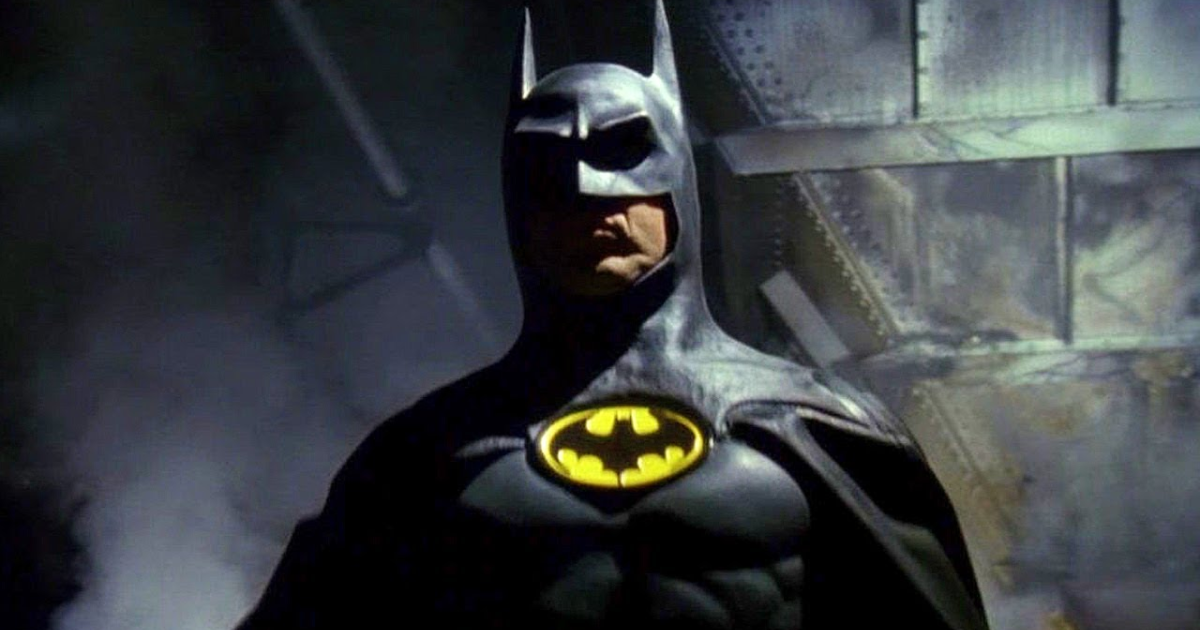
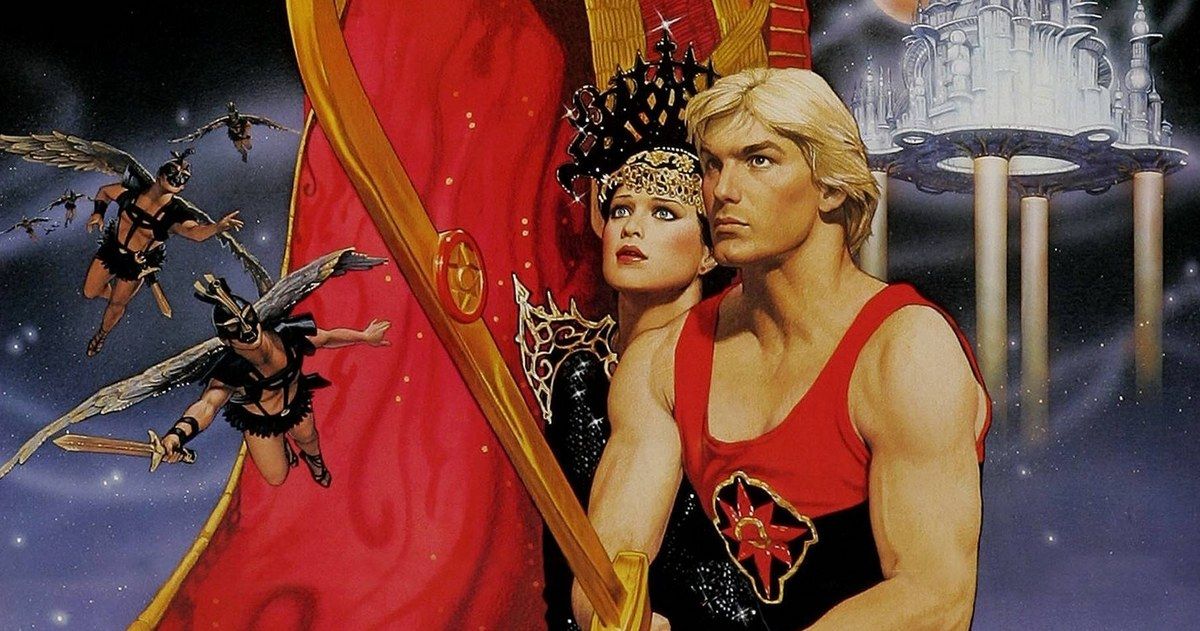

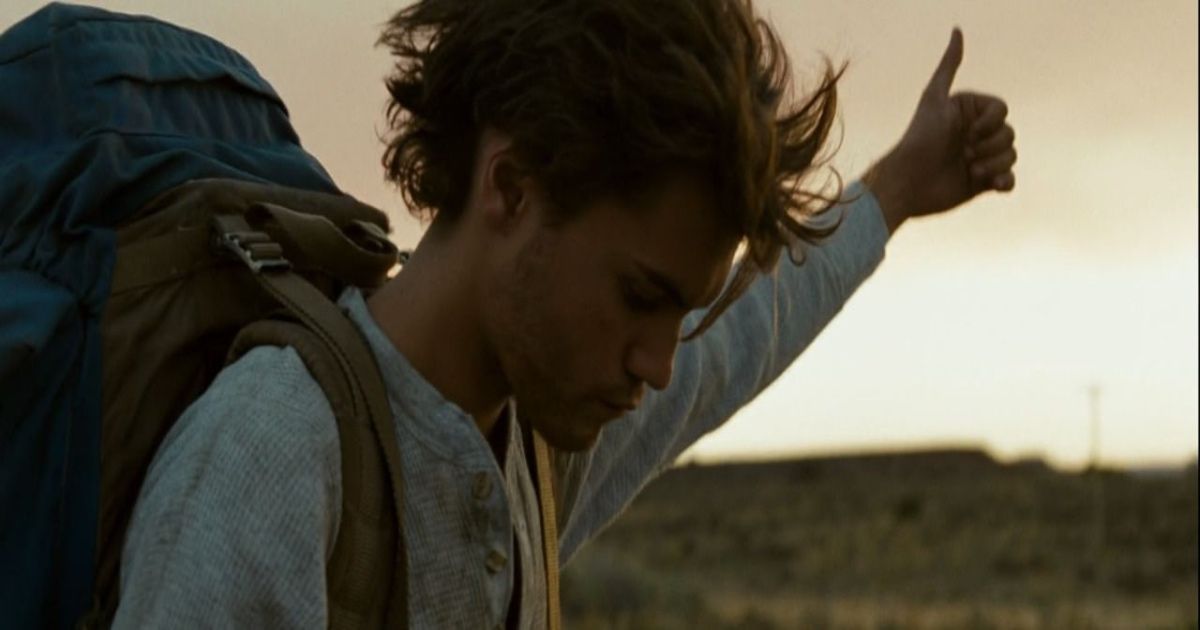


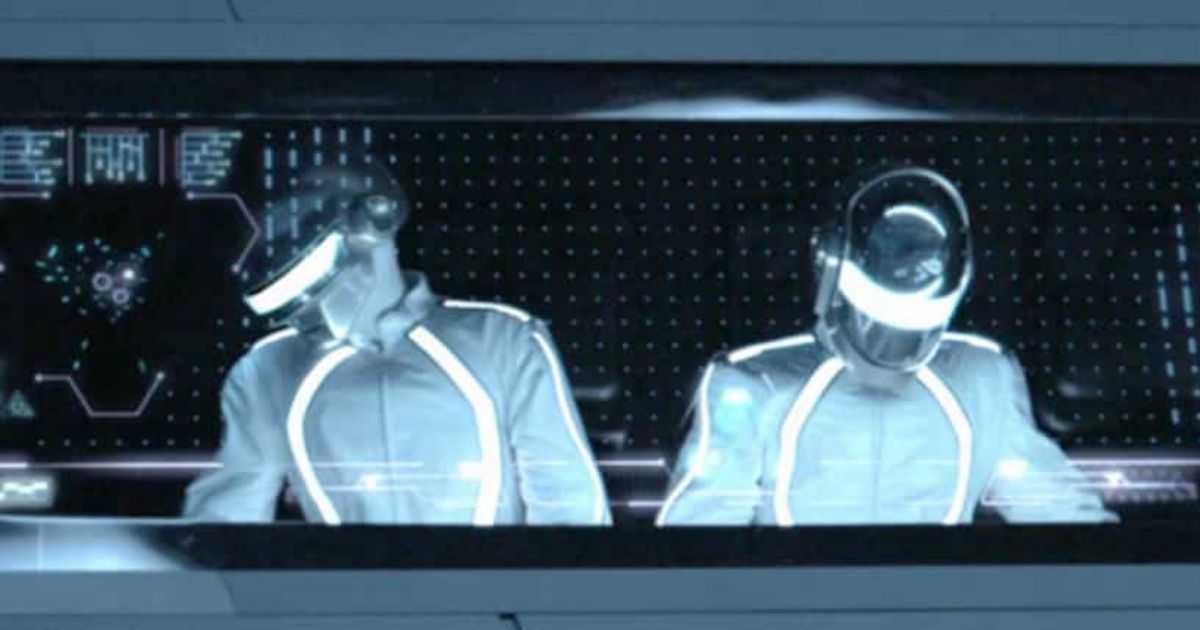
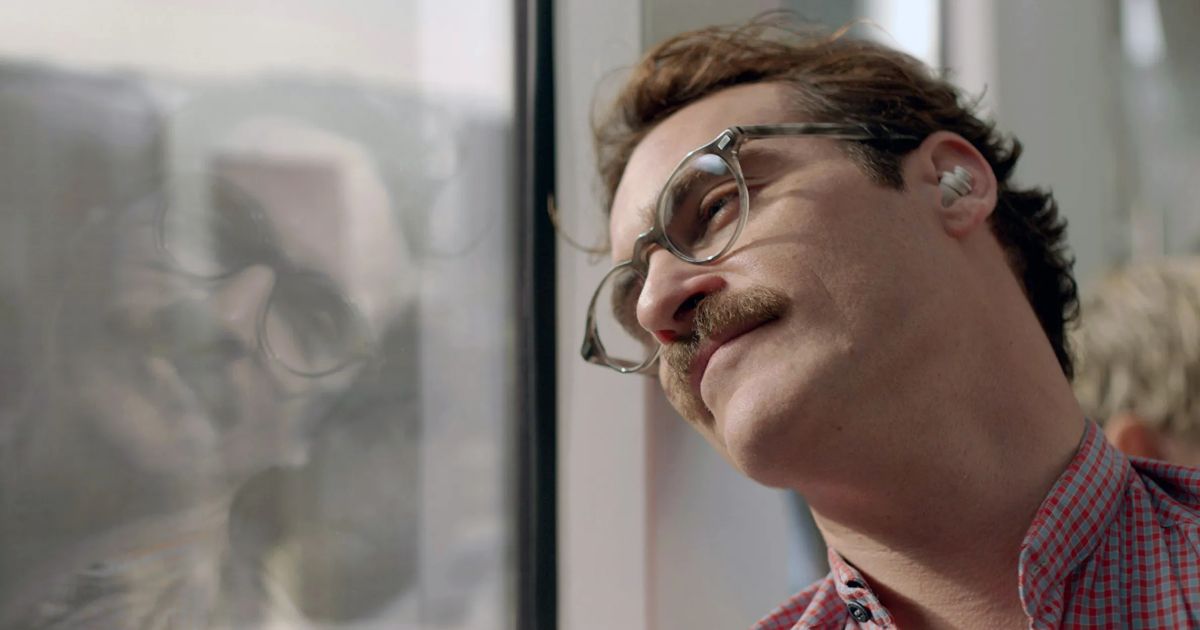

-1.jpg)
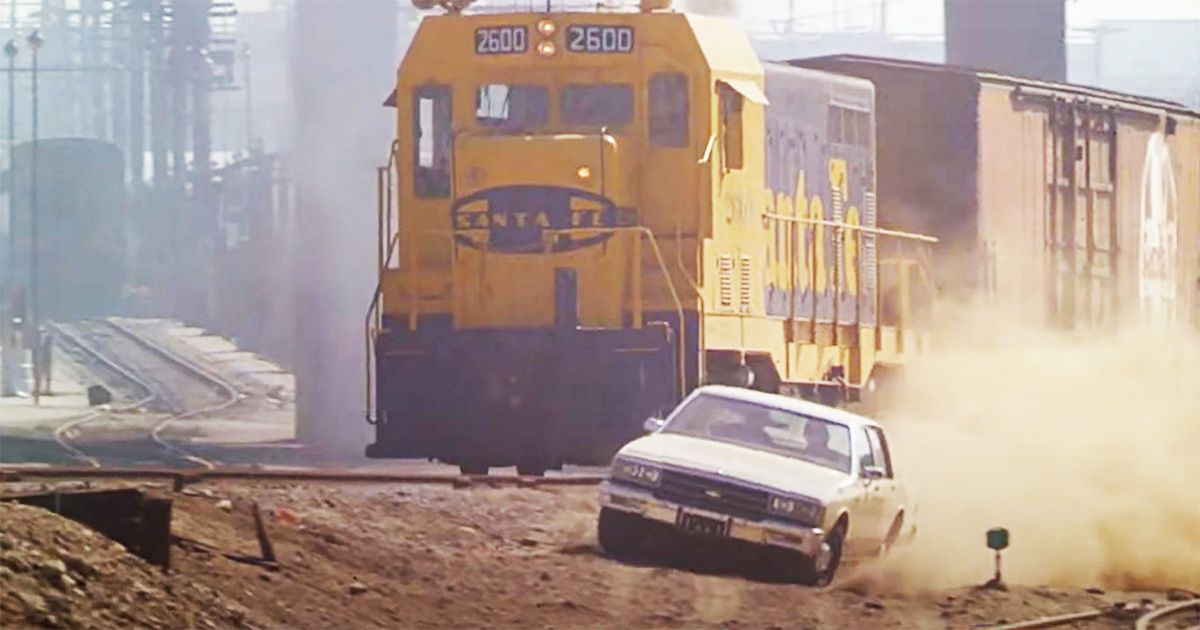
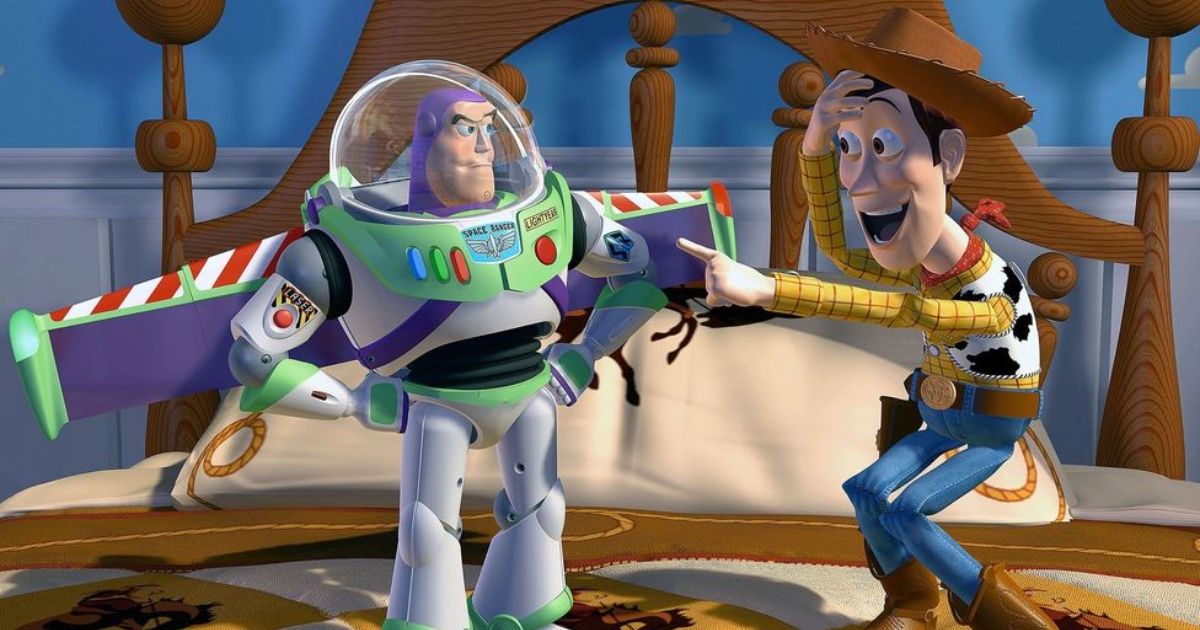
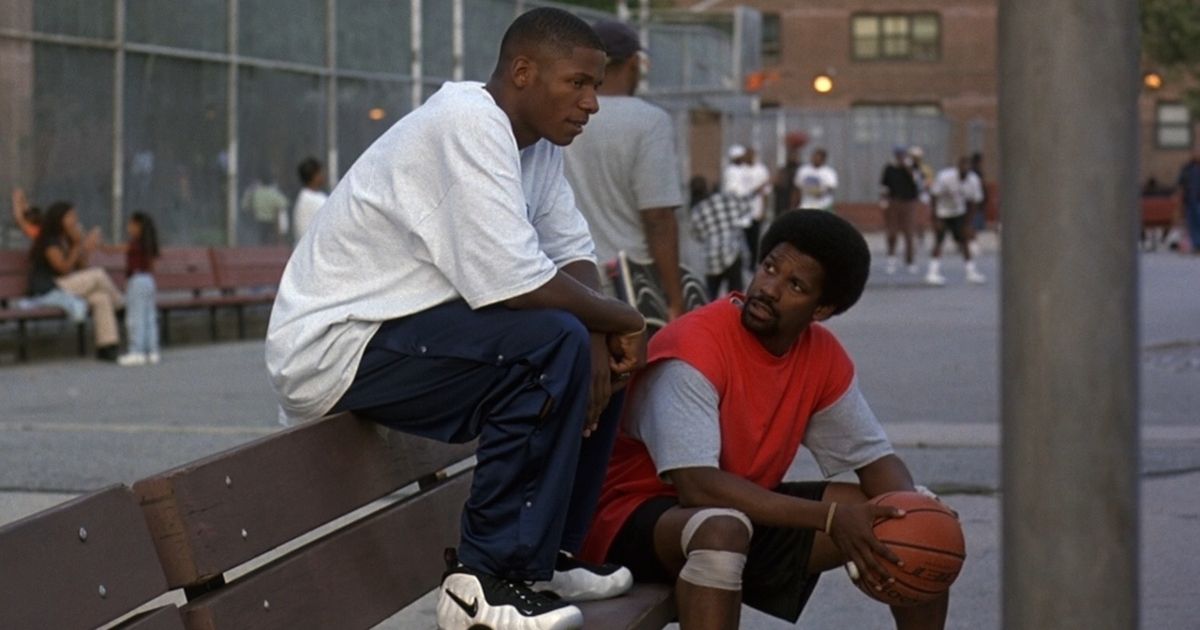
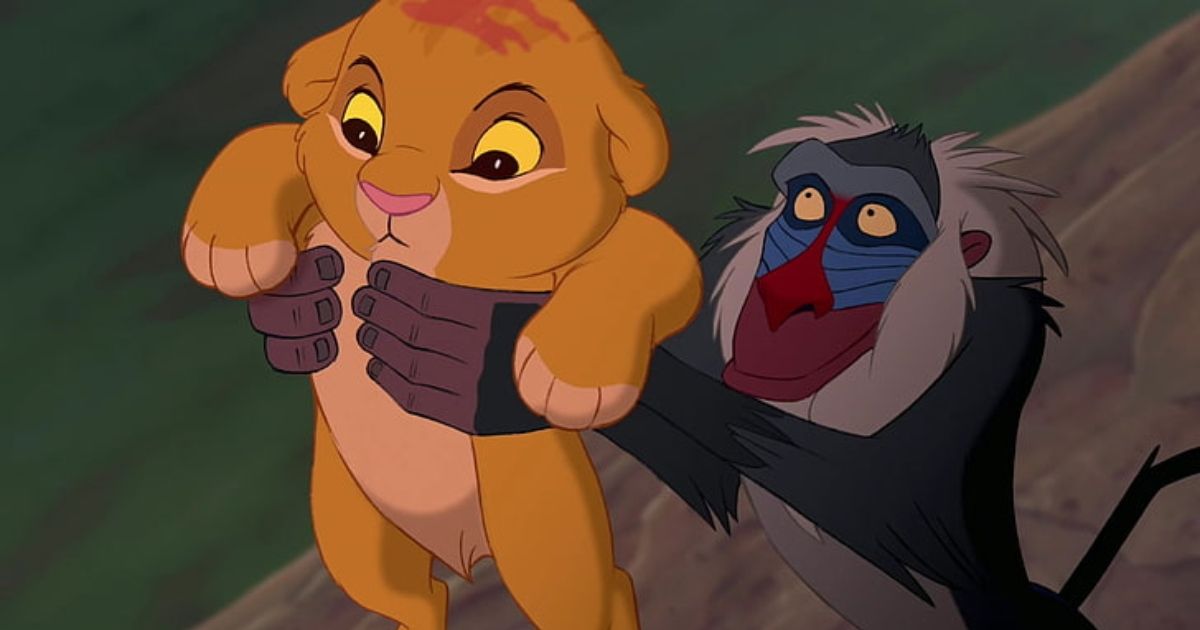

Comments
Post a Comment